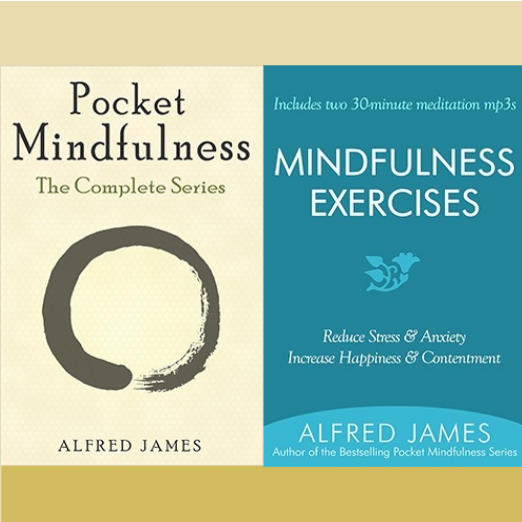Bipolar disorder causes extreme mood swings, from feeling overly energetic (mania) to feeling very sad or having low energy (depression).
Mania may cause a person to:
Feel extremely happy or very irritable.
Have a very high opinion of himself or herself (inflated self-esteem).
Not need as much sleep as usual (feel rested after 3 hours of sleep).
Talk more than usual.
Be more active than usual.
Have difficulty concentrating because of having too many thoughts at the same time (racing thoughts).
Be easily distracted by sights and sounds.
Act impulsively or do reckless things, such as go on shopping sprees, drive recklessly, get into foolish business ventures, or have frequent, indiscriminate, or unsafe sex.
Depression may cause a person to:
Feel sad or anxious for a significant time.
Feel hopeless or pessimistic.
Have slowed thoughts and speech because of low energy.
Have difficulty concentrating, remembering, and making decisions.
Have changes in eating and sleeping habits leading to too much or too little eating or sleeping.
Have decreased interest in usual activities, including sex.
Have suicidal thoughts.
Not enjoy things he or she normally would enjoy.
Types of bipolar disorder
Bipolar I. Considered the classic form of the illness, bipolar I causes recurrent episodes of mania and depression. The depression may last for a short time or for months. You may then go back to feeling normal for a time, or you may go right into a manic episode.
Bipolar II. If you have bipolar II, you will experience depression just as in bipolar I. But the episodes of mania are less severe (hypomania). People with bipolar II have more depressive episodes than hypomanic episodes.
Rapid-cycling bipolar disorder. If you have rapid-cycling bipolar disorder, you will experience at least four episodes of depression, mania, or both within a 12-month period. You may go directly from an episode of depression to an episode of mania, or you may have a short time lapse between the two extreme moods. The mood swings are the same as with other types of bipolar, but the frequency of mood swings distinguishes rapid-cycling bipolar disorder from the other subtypes.
Some people may have bipolar disorder with mixed symptoms, in which episodes of depression and mania occur together. Symptoms include sadness, euphoria, and irritability. Other symptoms can include agitation, lack of sleep, appetite changes, and possibly, thoughts of suicide. This makes the disorder challenging to treat and very frustrating for you and for those around you. It can also lead to hospitalization if your daily functioning becomes impaired.
In addition to changes in mood, some people with bipolar disorder also have symptoms of anxiety, panic attacks, or symptoms of psychosis.
Symptoms of bipolar disorder in children can be very different than those in adults and can be confused with other childhood mental disorders, such as depression or attention deficit hyperactivity disorder (ADHD). Bipolar disorder in children significantly interferes with a child's ability to function in school, with friends, and at home.
Some other conditions with symptoms similar to bipolar disorder include depression, schizophrenia, and attention deficit hyperactivity disorder (ADHD).
People with bipolar disorder—men more often than women—may have substance abuse problems, especially during manic episodes.4 Abusing alcohol or drugs may affect treatment and interfere with taking medicines as prescribed. Other disorders that may occur along with bipolar disorder include:5
Obsessive-compulsive disorder.
Panic attacks or panic disorder.
These illnesses need to be treated along with the bipolar disorder.
Last Updated: March 14, 2008
Health.com
Author:
Jeannette Curtis
Medical Review:
Kathleen Romito, MD - Family Medicine Lisa S. Weinstock, MD - Psychiatry
© 1995-2009 Healthwise, Incorporated. Healthwise, Healthwise for every health decision, and the Healthwise logo are trademarks of Healthwise, Incorporated.This information does not replace the advice of a doctor. Healthwise disclaims any warranty or liability for your use of this information. Your use of this information means that you agree to the Terms of Use. How this information was developed to help you make better health decisions.
Tuesday, April 14, 2009
Subscribe to:
Posts (Atom)



